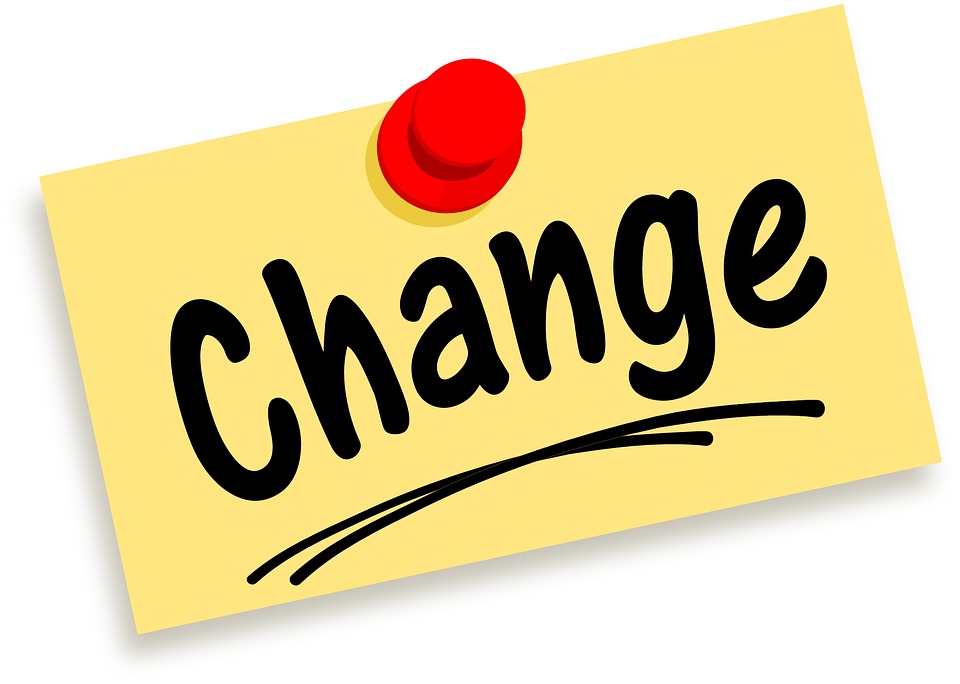On Tuesday, May 17, 2016 the #DareToBe Tweetchat hosted by Andrea Sanchez (@asanchez16) took place.
The #DareToBe topic was QUESTIONS (QUESTIONING, QUESTIONED)
The following are Andrea’s ten questions and my answers.
Q1: What image comes to mind when you think of the topic “questions?” #DareToBe
A1. That old slogan from the Nat’l Enquirer “Enquiring minds want to know.” #DareToBe
Q2: Four-year-olds ask a lot of questions. Why does our questioning decrease as we grow older? #DareToBe
A2. We curtail our amount of questioning because most don’t want people thinking of them as a 4 yr old, unfortunately. #DareToBe
Q3: A side effect of not asking questions is _______________. #DareToBe
A3. not getting to know others and how they think, behave, how they are. #DareToBe
Q4: Give an example of a time when you wished you had asked more questions. Why didn’t you? #DareToBe
A4. before joining the Army. I wished I had asked how to do more in my brief time (I thought I was doing a lot already) #DareToBe
Q5: Judge a man by his questions rather than by his answers. –Voltaire/ Agree or Disagree? Explain. #DareToBe
A5. Agree. The questions determine what point of view and how deep the thought process goes #DareToBe
Q6: What benefits come from asking questions? #DareToBe
A6. The major benefit is learning more from both the question and the answer #DareToBe
Q7: The key to asking a good question is ________________. #DareToBe
A7. The key to asking a good question is expecting an even better answer #DareToBe
Q8: Is there such thing as a dumb question? Explain. #DareToBe
A8. There is such a thing as a dumb question when it is intentionally asked with malice. #DareToBe
Q9: At times questions create stress. How can we make others feel less threatened by questions? #DareToBe
A9. By explaining the question in as much detail as possible. Don’t bore them but explain that rationale behind the question #DareToBe
Q10: In today’s fast-paced world answers are often rewarded more than questions. How can we shift the focus? #DareToBe
A10. By expecting people to ask questions that are polar opposite of “Who are you wearing?” type questions #DareToBe
Q11: Tomorrow I will dare to ask about ________________. #DareToBe
A11. Tomorrow I will dare to ask about things I don’t usually ask. Starting with more WHY questions. #DareToBe
I invite you to join us on Twitter every Tuesday evening at 8PM Eastern / 7PM Central. Look for the #DARETOBE hashtag.
 The world is full of change. Yet, too many want to ignore it by burying their head in the sand. Others roll over and let it happen. However, too few honestly and openly embrace change. When it comes to change having a Leader manage and direct change is not only expected, it should be demanded, as it will most certainly be a wild and bumpy ride.
The world is full of change. Yet, too many want to ignore it by burying their head in the sand. Others roll over and let it happen. However, too few honestly and openly embrace change. When it comes to change having a Leader manage and direct change is not only expected, it should be demanded, as it will most certainly be a wild and bumpy ride.